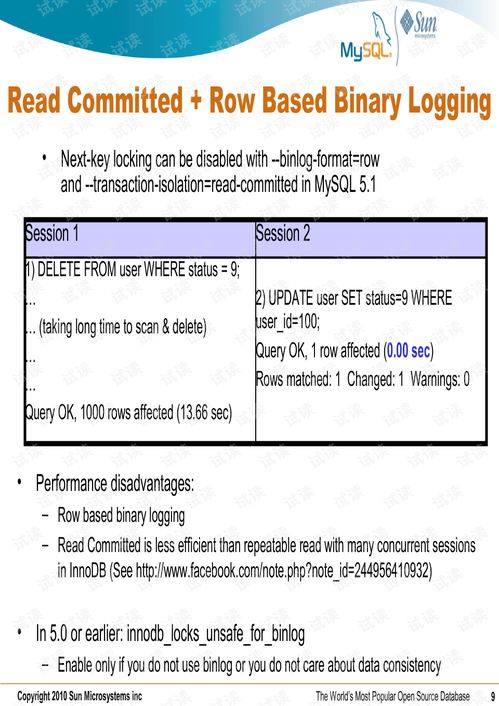In times of famine, when the very survival of humanity hangs in the balance, every skill becomes a lifeline. Among these essential skills is fishing, the art of catching fish that can provide sustenance when food sources are scarce. For beginners, the prospect of fishing during a crisis may seem daunting, but with the right techniques and mindset, it can be a life-saving endeavor. This article delves into the world of fishing during a famine, offering essential beginner tips to help you navigate the waters successfully.
Understanding the Basics of Famine-Friendly Fishing
Fishing during a famine requires a different approach than leisurely fishing on a weekend trip. It's not just about casting a line and waiting for a bite; it's about survival. Here are some fundamental principles to keep in mind:
Research the Ecosystem: Before you even step into the water, understand the local aquatic ecosystem. Identify which fish are most abundant and which species are most suitable for eating. Some fish may be too small or have a poor nutritional value, so it's crucial to do your homework.
Choose the Right Equipment: In a famine situation, you might not have access to specialized fishing gear. Opt for simple, durable equipment that is easy to repair or make from salvaged materials. A basic rod and reel, some sturdy hooks, and a selection of appropriate bait will suffice.
Understand the Behavior of Fish: Fish have patterns and behaviors that change with the seasons and weather. During a famine, fish may be more difficult to locate, so understanding their habits can help you find them more efficiently.
Essential Beginner Tips for Famine Fishing
Start Small and Simple: Begin with basic fishing techniques. Cast your line gently and wait patiently. In a crisis, the goal is not to catch the biggest fish but to catch enough to sustain yourself.
Use Natural Bait: If you can't buy bait, use natural alternatives. Small insects, crustaceans, or even pieces of food scraps can attract fish. The key is to mimic the food that fish naturally eat.

Learn to Read the Water: Observing the water's surface can give you clues about fish activity. Look for ripples, bubbles, or other signs that fish are nearby.
Practice Knot Tying: Learning to tie various fishing knots is crucial. A well-tied knot can make the difference between a successful catch and a lost fish.
Be Patient and Persistent: During a famine, fishing can be frustratingly slow. Maintain a positive mindset and be prepared to wait for hours or even days for a bite.
Stay Informed: Keep an eye on weather and water conditions. Certain weather patterns can affect fish behavior, so staying informed can improve your chances of success.
Learn to Cook Fish: Even if you catch fish, knowing how to cook them is essential. Fish can be cooked in various ways, from grilling to boiling, and understanding different cooking methods can enhance the flavor and nutritional value of your catch.
Advanced Techniques for Novice Fishermen
As you gain experience, you can start to incorporate more advanced techniques:
Use Live Bait: Live bait can be more effective than dead bait. Fish are more likely to bite if they see movement in the water.
Try Different Baits: Experiment with different types of bait to see what works best in your particular environment.
Learn to Fish Different Depths: Some fish are found near the surface, while others live deeper in the water. Using different types of fishing lines and lures can help you reach them.
Understand Tides and Currents: Tides and currents can affect fish movement. Knowing when to fish during high or low tide can increase your chances of a successful catch.
Join a Group: If possible, fishing with others can be more effective. You can share equipment, knowledge, and support each other in times of need.
Conclusion
Fishing during a famine is a challenging but essential skill. By understanding the basics, employing the right techniques, and maintaining a positive mindset, beginners can turn fishing into a lifeline. Remember, it's not just about catching fish; it's about survival. With these beginner tips, you'll be well on your way to mastering the art of fishing during a crisis.












